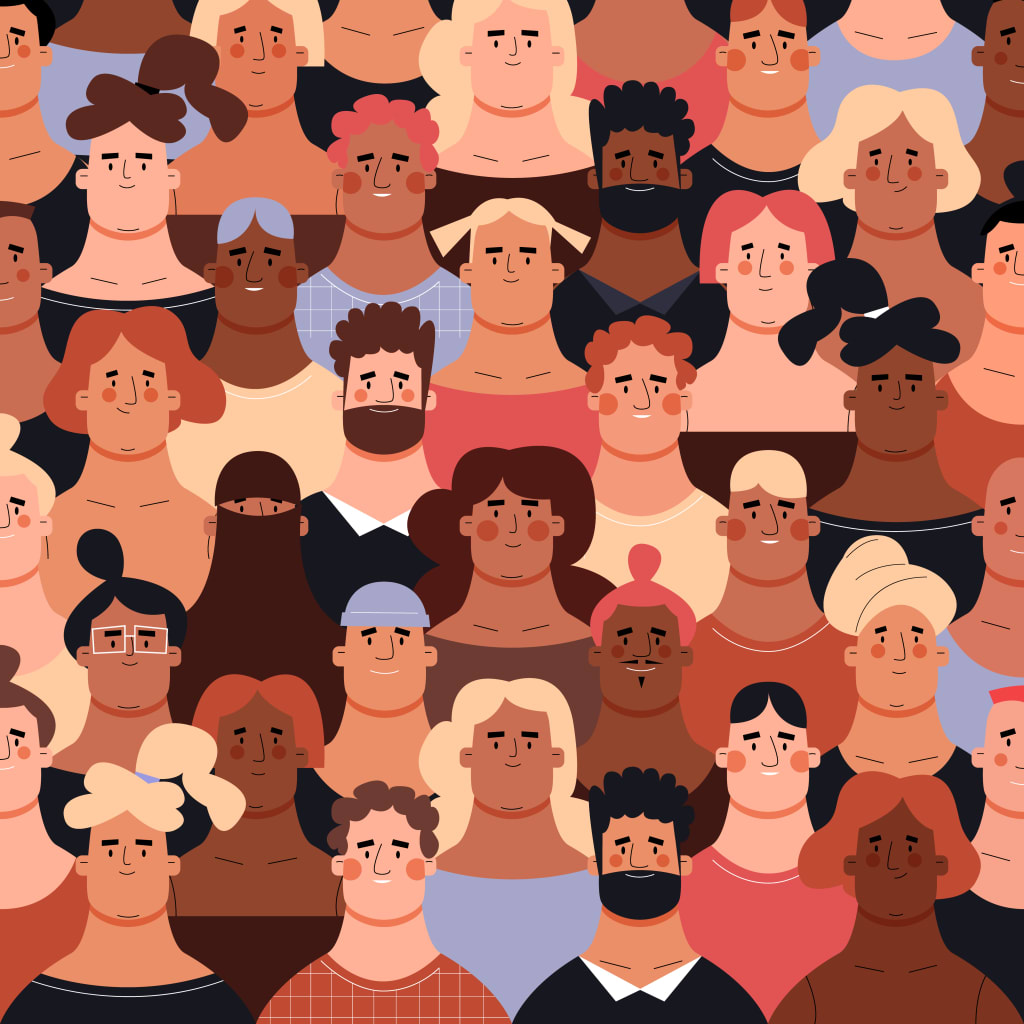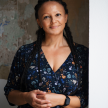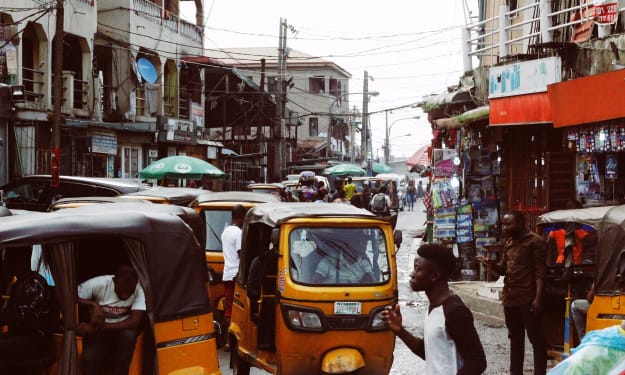When Will People Ever Stop Talking About the Color of My Skin?
Why are we so fascinated by differences?

In the last few weeks, I’ve had a couple of unpleasant encounters with lovely old ladies. One complimented me because I speak such beautiful German, the other on the beauty of my skin. Both were unaware that they made me uncomfortable — the second even more than the first.
I know that I speak a very beautiful High German, which is rather unusual here in Austria. Besides, the first old lady was American, and I expect them to comment on things that are none of their business anyway.
The second was much more persistent in her crusade. I went on a walking tour with a group of older people I’d not met before. The woman in question was so fascinated by my appearance that she kept bringing up the subject.
She talked about how lucky I am to have such a beautiful complexion and how pasty she looked in comparison. Now, mind you, she did. She was old and pasty, but what was I supposed to say in response?
At first, I just tried to say “thank you” and hoped she’d shut up already. But after a while, I felt deeply uncomfortable and tried to stay as far away from her as possible.
This isn’t the first time this has happened to me, and it probably won’t be the last.
People don’t understand how uncomfortable it is to be the center of attention because of something beyond your control. They mean well, but why do they feel the need to do this? Do they think their opinion of the color of my skin color is important to me?
Telling me that you want to have my skin color or hair in a social situation isn’t nice. It just draws unnecessary attention to the fact that I’m different.
I hate being singled out. When a group of people stares at me and evaluates my appearance, it makes my skin crawl and my stomach turn. Of course, it doesn’t show on my face. I’ve been conditioned not to show any reaction other than a polite smile. At the next chance, I’ll excuse myself and go hide in the bathroom until I feel normal again.
On the bright side, these encounters are becoming less frequent. Thirty years ago, it was much more common. I had old ladies standing behind me at the butcher or sitting behind me on the tram, touching my braids without asking. When I turned around, they’d beam at me and say that they “just had to touch my hair because it was so interesting and surely I didn’t mind, right?” Thankfully, that hasn’t happened in a long time.
The reason is that Vienna has changed drastically in the last 35 years. 4 decades ago, Vienna was predominantly white. There were maybe 6% foreigners living here, mainly guest workers from Turkey and what was then Yugoslavia. There were hardly any Africans or other ethnic groups.
If you had a darker skin color, you stood out like a sore thumb.
Today, the percentage of people in Vienna who hold a foreign passport is 31%. This doesn’t even include the second and third-generation children of guest workers who’re now Austrian.
Of course, many of these foreigners are also white; they’re German, Hungarian or Croatian. But, Vienna is no longer a mass of white people with a few colorful disturbances. It’s become diverse.
The fearsome old ladies in green loden coats, their hair forced into coffered waves, topped with jaunty hats, feeding pigeons in the park, have disappeared along with the pigeons.
No one reprimands you for putting your feet on the park bench. In their place have come young women from different cultures and children shouting happily in different languages as they play on the swings.
On the streets of Vienna, you see people from all corners of the world and every shade of skin possible.
Fortunately, this diversity makes me less interesting. I’ve lost visibility. People have already seen braids before. They’ve already had the opportunity to tell some poor brown person that they envy their skin color and don’t need to bother me.
As a species, we evolved to pay attention to unusual things. It was important to notice things that were new or different and investigate them to make sure they weren’t a threat.
When what’s the norm changes, our perception shifts. We no longer perceive things we perceive as ordinary. Just as our view of what’s attractive changes over time, our idea of what’s “normal” adapts to what we see around us.
That’s why it’s so important not to live in segregated places or neighborhoods. To get used to seeing a diversity of skin colors, we need to see them all the time and in all situations. Our neighbors need to be diverse, our colleagues and our families.
The more society changes, the more often we’ll see people from different cultures, “races,” and genders in different roles and situations. The more we see them, the more we adapt and accept a new normal.
Eventually, when we’ve seen enough diversity, we won’t notice it anymore. I’m optimistic that this will be the point where people no longer feel the need to inform me of THEIR view of MY skin color.
About the Creator
Ronke Babajide
Woman in IT, Natural Scientist, Life Coach, Speaker, Podcaster, Writer, Founder
Host of the “Women in Technology Spotlight” https://bit.ly/3rXvHvG
Creator of "The Queen Bee Hive" https://thequeenbeehive.net/en/






Comments (1)
Dear Ms. Ronke - As I scroll through you presentations - I always find something I can relate to - - "Cultural Exchanges" - My Interests - Jay